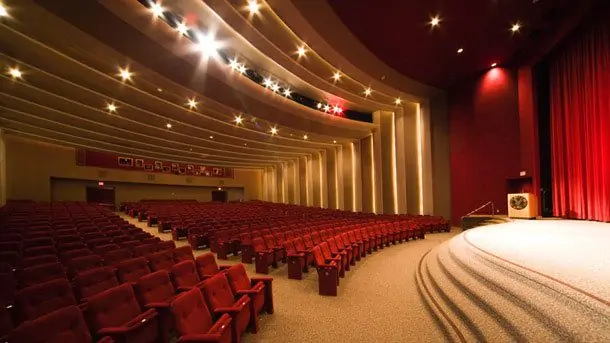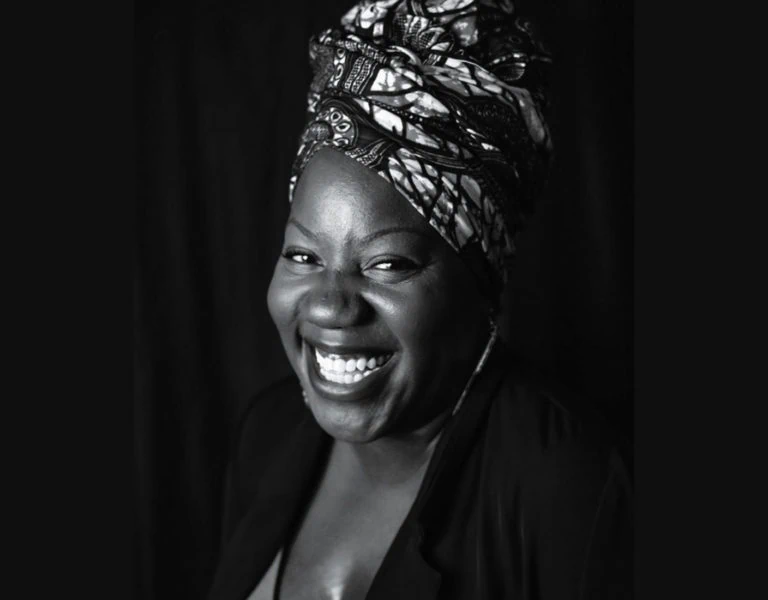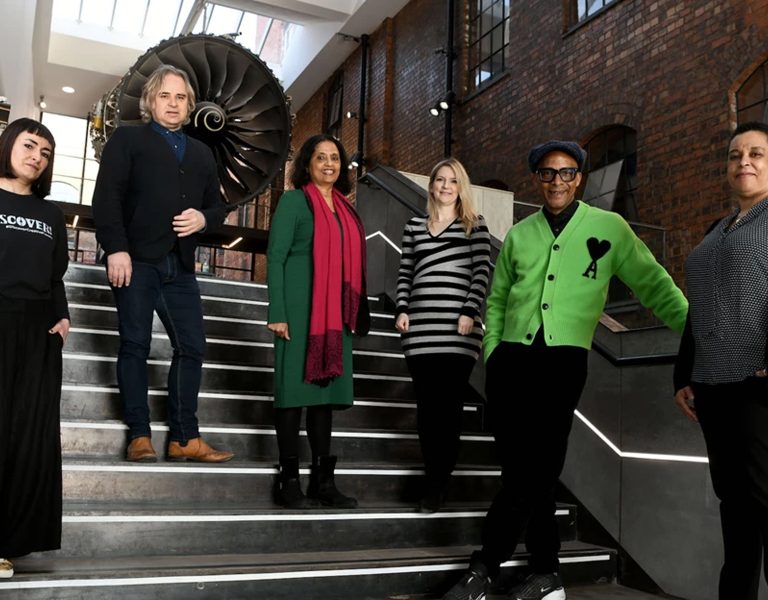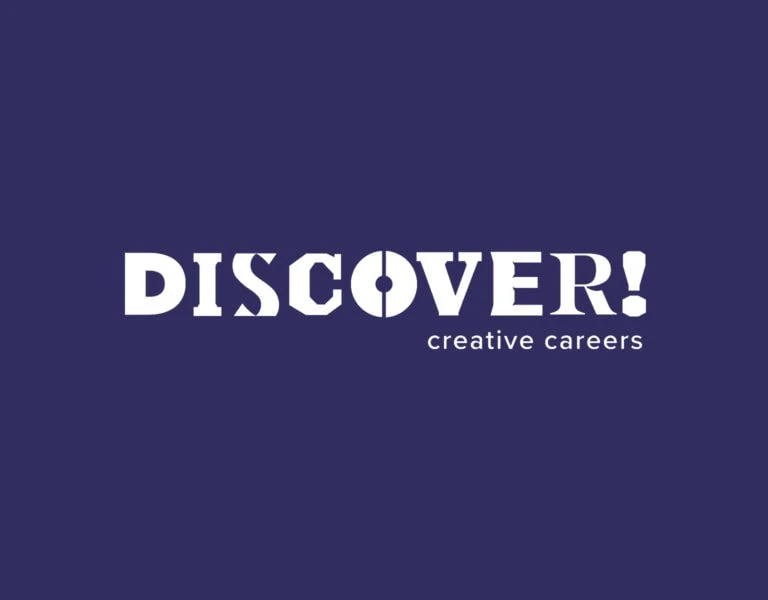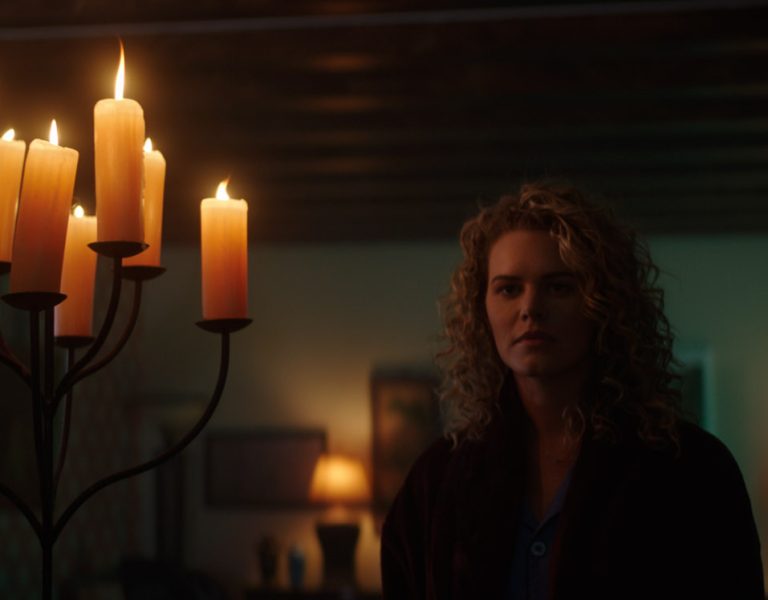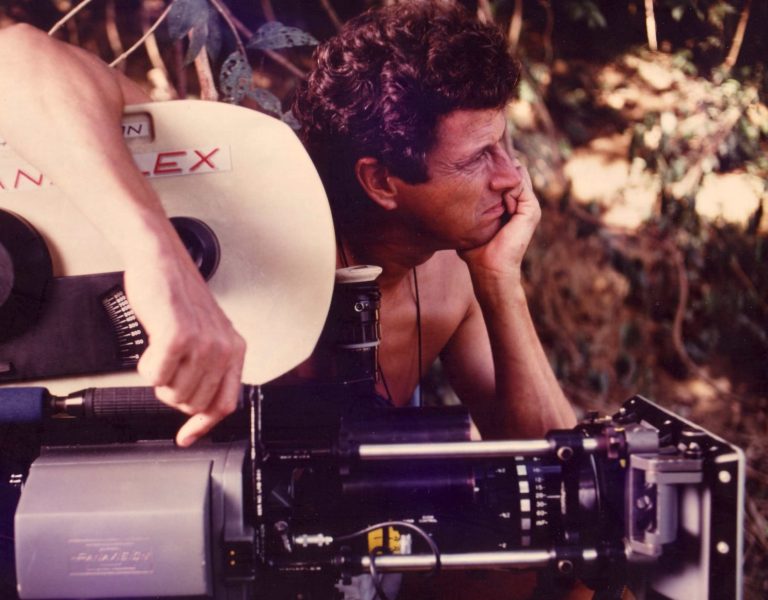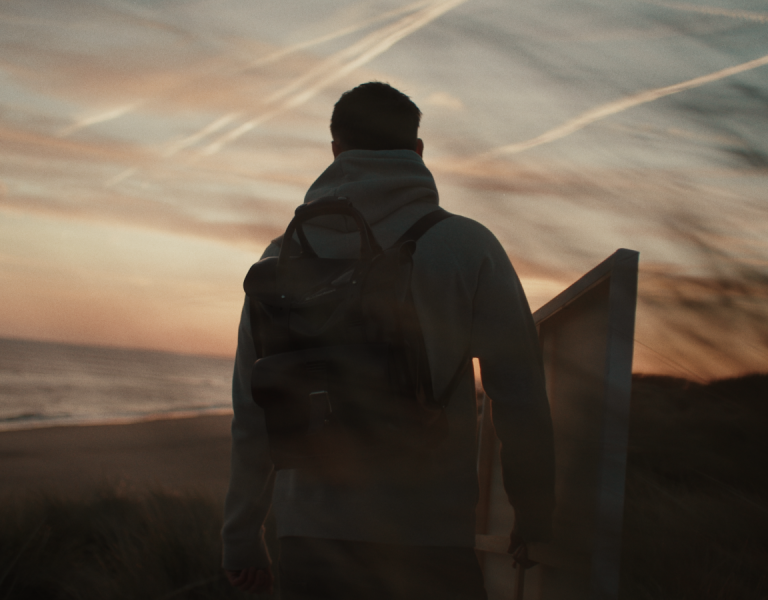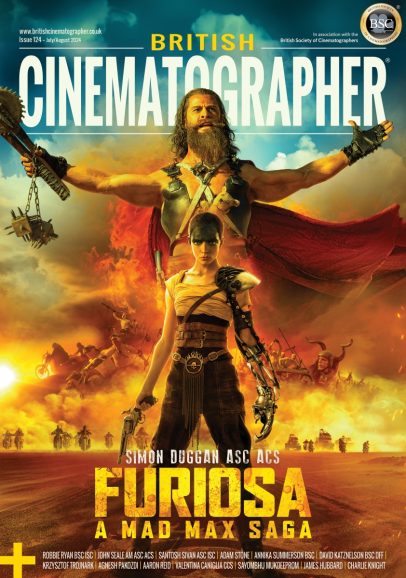As the industry continues to develop at a rapid pace, there are plenty of opportunities for cinematographers around the world to learn, collaborate and celebrate being part of the filmmaking fraternity, as Steven Poster ASC says.
This issue I would like to talk about how fortunate we (cinematographers) are to have the kind of support from our industry that we are all privileged to make use of. Most industries might have one or two trade organisations. Our motion picture and television industry has dozens of professional associations and trade groups, and manufacturers, as well as unions and fraternal organisations. We are constantly being exposed to the newest tools and equipment developed to make our work better. Notice, I didn’t say easier.
Easier is not always the point of the industrial development that comes at us faster and more furious than new influencers on TikTok. Our new imaging systems are definitely not easier than putting a roll of film in a camera, lighting a set with hundreds of foot candles of illumination and pushing the button to expose the film.
So, along with these new systems we have been offered intensive training from so many sources that had new systems to offer or modified existing tools right from the beginning of the transition from film to digital.
When we started to make that transition, as president of ICG Local 600 I took on the challenge of getting our members ready to work in an entirely different way. I had our training committee, with chair Mark Weingartner ASC, start weekend trainings in different parts of our country called Mega-Digital Weekends. The arrangement was the member got themselves to whatever city we were in, and the Union would pay for housing and food. We would invite five or six companies offering digital services, from cameras to post-production to set up training sessions throughout the weekend. These events were always filled to capacity.
Then when the transition from tape cassette to file-based downloading happened, almost overnight (the Japanese factories that manufactured the cassettes were destroyed in the tsunami), there were no protocols or production procedures to do that job safely and efficiently. The training committee developed our own methods and protocols and very quickly trained over 600 members across the country to do that job. Those methods and protocols were adopted by the entire industry, including the studios. Isn’t it ironic that our guild now has to offer classes to train members how to load film.
When TV series switched to digital, assistants, who were only given a few days to prep an entire season, were offered one-on-one guides to help with the transition.
In the beginning when Sony developed their first HD production camera, the F900, I got a call from Gary Martin, who was head of physical production at Sony. He offered our ASC members the opportunity to spend a day working with the camera at the studio and then a day in post-production finishing the work. Then, when 3D hit a few years after that, Gary offered us Stage 7 on the lot with a standing set and crew to learn how to work with 3D. Once again Mark Weingartner, along with Buzz Hays (from the Studio), developed a three-day training course on how to work with 3D. That class was only supposed to last for several months and ended up being in existence for over three years. It almost outlasted the popularity of 3D.
Cinematographers are offered many different training options. The ASC started week-long, in-person master classes for non-members. And when we got into the pandemic we eventually moved into online classes. We now have Masterclasses for Masters for our members. And we now have International Masterclasses. Some of these have been offered by Epic Games to train our members to work in volumes and with LED walls. Epic has also offered this two-day training to ICG Local 600 members. It is one day online and one day in a studio that has a volume for hands-on experience.
I’m sure this level of generous instruction and training is just as evident in all the major film markets. It makes sense that this would be the case. As we know there is so much media production going on worldwide. All those markets are serviced by the companies that provide us our tools.
And then there are major events every year that allow all of us to experience technology on a grand scale. Everything from all the new cameras, lens systems, lighting equipment and grip equipment from simple accessories to the largest remote system cranes and software tools made just for us. These events are available in many different locations around the world; Cine Gear Expo in LA, Atlanta, and New York, NAB in Las Vegas, and SMPTE are all available. The UK has BSC Expo. France and Italy have Microsalon. Amsterdam has IBC. Asia has a number of shows. And in between the major shows there are events like BandPro’s One World Open House held every year in the autumn, which is like a mini-Cine Gear, and festivals such as Manaki Brothers Film Festival – an international cinematographers’ festival in Bitola, and the Evolution Mallorca International Film Festival which introduced a cinematography strand in 2022.
There are other outlets to focus our talents. There are awards shows. The ASC Awards and the BSC Awards. These events and events like these are celebration of the art and craft of the best we have to offer in contemporary cinematography.
And then there is the grand gathering of “our kind” every year at Camerimage in Poland. This is a week of seeing great movies with our colleagues, demonstrations and great discussions and panels about cinematography, and of course, the best is hanging with our friends from all over the world. I’ve often asked myself, why is it that we are the only craft in the motion picture and television industries that actually likes to hang out with each other. We have Clubhouses and places to gather. We have all these seminars and conventions to learn and experience the tools we will end up using every day. And we like hanging out with each other – we have all of these opportunities to show, talk about and generally love what we do.

